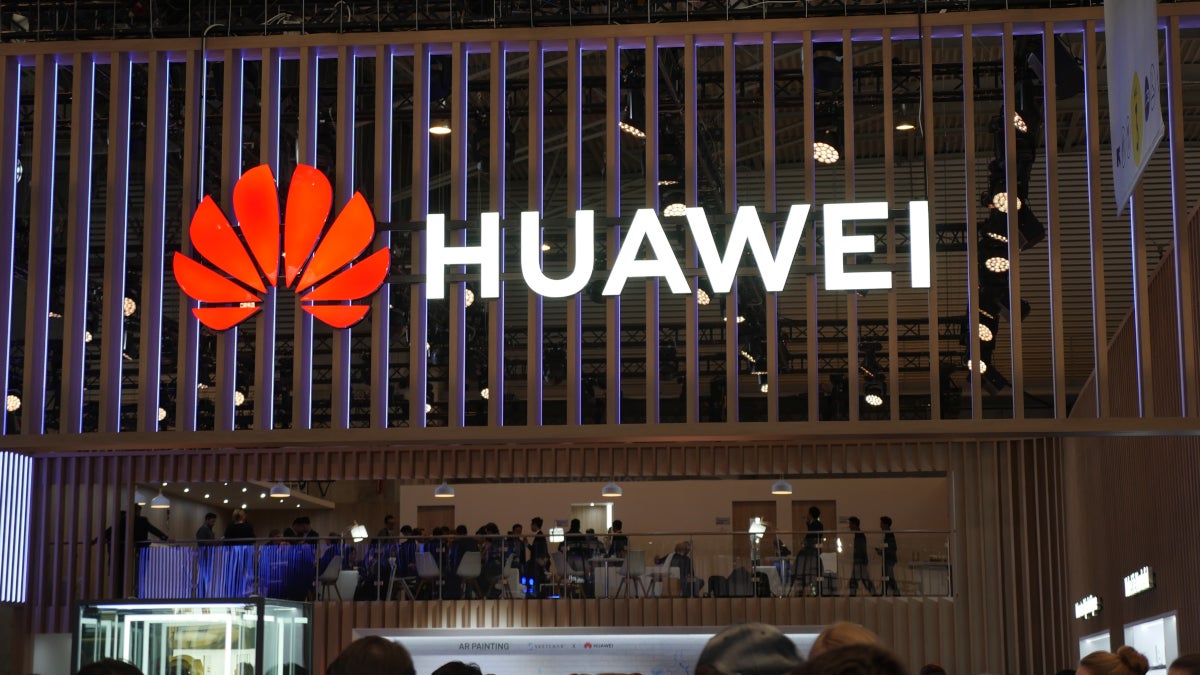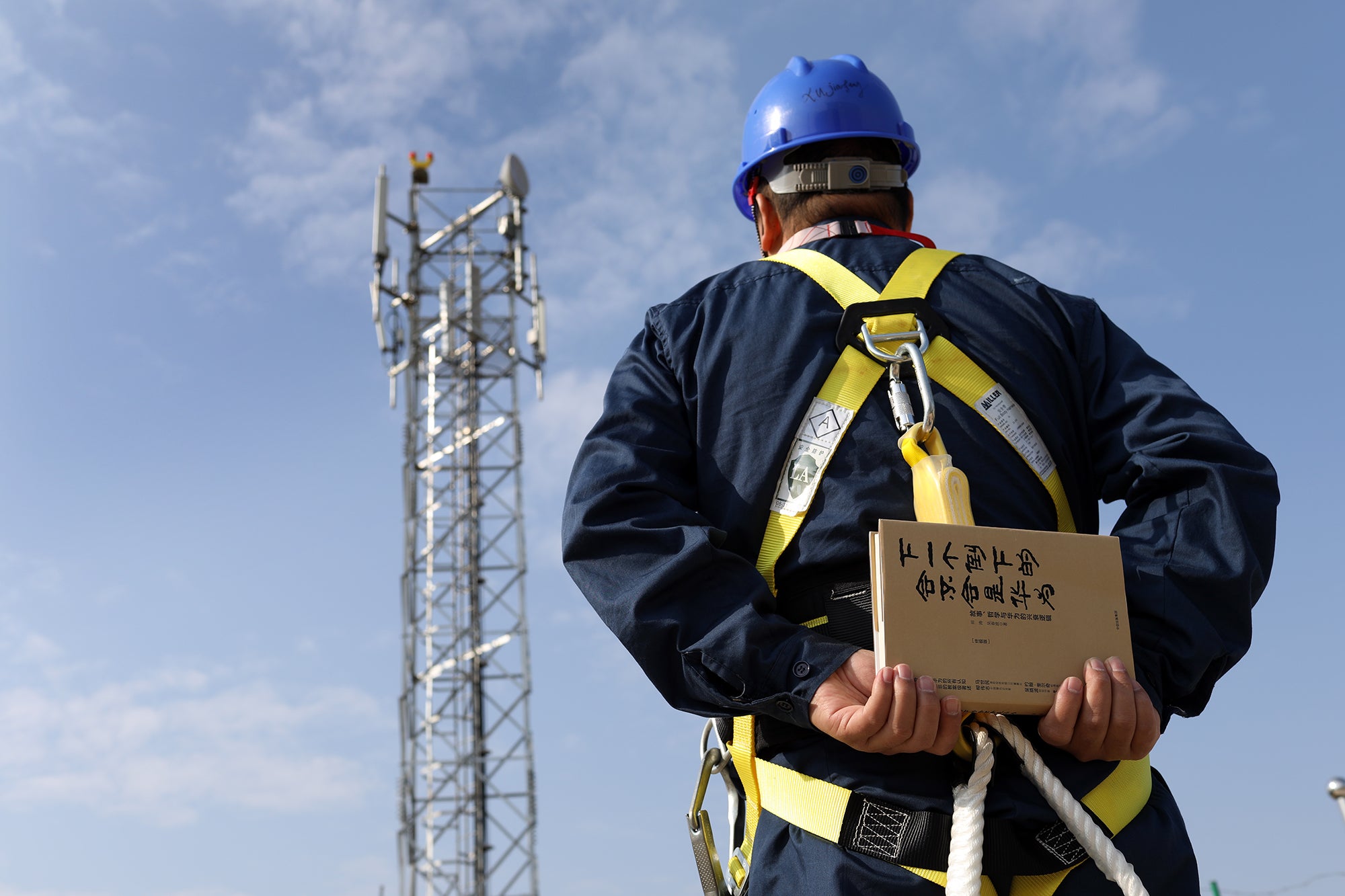Revolt in England over the use of Huawei's 5G gear is narrowly defeated

Late last January, British Prime Minister Boris Johnson came to a decision. Despite pressure from the Trump administration, Johnson decided to allow the 5G networks being built in his country to contain Huawei's networking equipment as long as the equipment is not used in sensitive parts of the network. Huawei's ties to the communist Chinese government have led U.S. lawmakers to label the manufacturer a national security threat. The fear is that its gear contains backdoors that are used to spy on companies, consumers, and governments and sends that information to Beijing. Huawei has always denied this.
By a narrow vote, the rogue Conservative parliament members were defeated
Britain isn't the only U.S. ally to dismiss the wishes of the White House when it comes to Huawei. While Australia and Japan have kept their new 5G networks Huawei-free, Germany has not. As the world's largest supplier of networking equipment, Huawei is said to be 12 to 18 months ahead of the competition technology-wise. In addition, the company has connections to China's state-run bank that allows it to offer its customers generous financing terms. As a result, the second and third biggest players in the business, Nokia and Ericsson respectively, are not always a viable replacement. In fact, when he originally announced his decision in January, Prime Minister Johnson rhetorically asked what his alternatives were.

Huawei is the world's largest supplier of networking equipment
While Britain's decision was disappointing to U.S. officials, it also created a backlash in Britain where some senior Conservative members of Parliament were unhappy with Johnson's decision to allow Huawei equipment to make up as much as 35% of the 5G networks in the country. Reuters reports that the government told these Conservatives that it would try to source these parts from other suppliers so that Huawei's parts didn't have to be used on the country's 5G pipelines. But the government would not commit to any timetable and the rogue lawmakers want Huawei's gear eliminated from the country's 5G networks by December 2022.
The rebels forced a vote in an attempt to have the Telecommunications Infrastructure Bill amended; the change would require that networking equipment made by outfits considered to be "high-risk vendors" by British security experts be removed from British 5G networks by the end of 2022. The vote was close as the government could not hold its 80 seat majority and voted down the request by the rogue lawmakers by only 24 votes. On Twitter, one of the rebels said after the results were announced that the group would continue its efforts to remove Huawei's equipment from the country's networks and said that the results of the voting were "a strong first showing."
Digital Infrastructure Minister Matt Warman said the government had "heard loud and clear the points made on all sides of the house," and Digital Minister Oliver Dowden addressed parliament by saying, "We would like to get to the point where we won’t need to have any high-risk vendors at all." Dowden said that the government would work with international partners to find other vendors that Britain can source parts from before the current parliament ends in 2024.
But some of the rogue Conservatives were not placated by the government's promise to find other sources to replace Huawei's parts. Iain Duncan Smith, who introduced to parliament the amendment to the telecom bill, said that he wanted the government to provide a specific timetable as to when it will replace parts from high-risk vendors. "I am always flexible on the date, providing the intent and commitment to eradicate the involvement of high-risk vendors from our system, across the board, full stop," he said.
Huawei vice president Victor Zhang said that the manufacturer had been "reassured" when Johnson made his announcement January. The Huawei executive said that this decision will "result in a more advanced, more secure and more cost-effective telecoms infrastructure" in England. He added that "An evidence-based approach is needed, so we were disappointed to hear some groundless accusations asserted. The industry and experts agree that banning Huawei equipment would leave Britain less secure, less productive and less innovative."
Follow us on Google News













Things that are NOT allowed:
To help keep our community safe and free from spam, we apply temporary limits to newly created accounts: